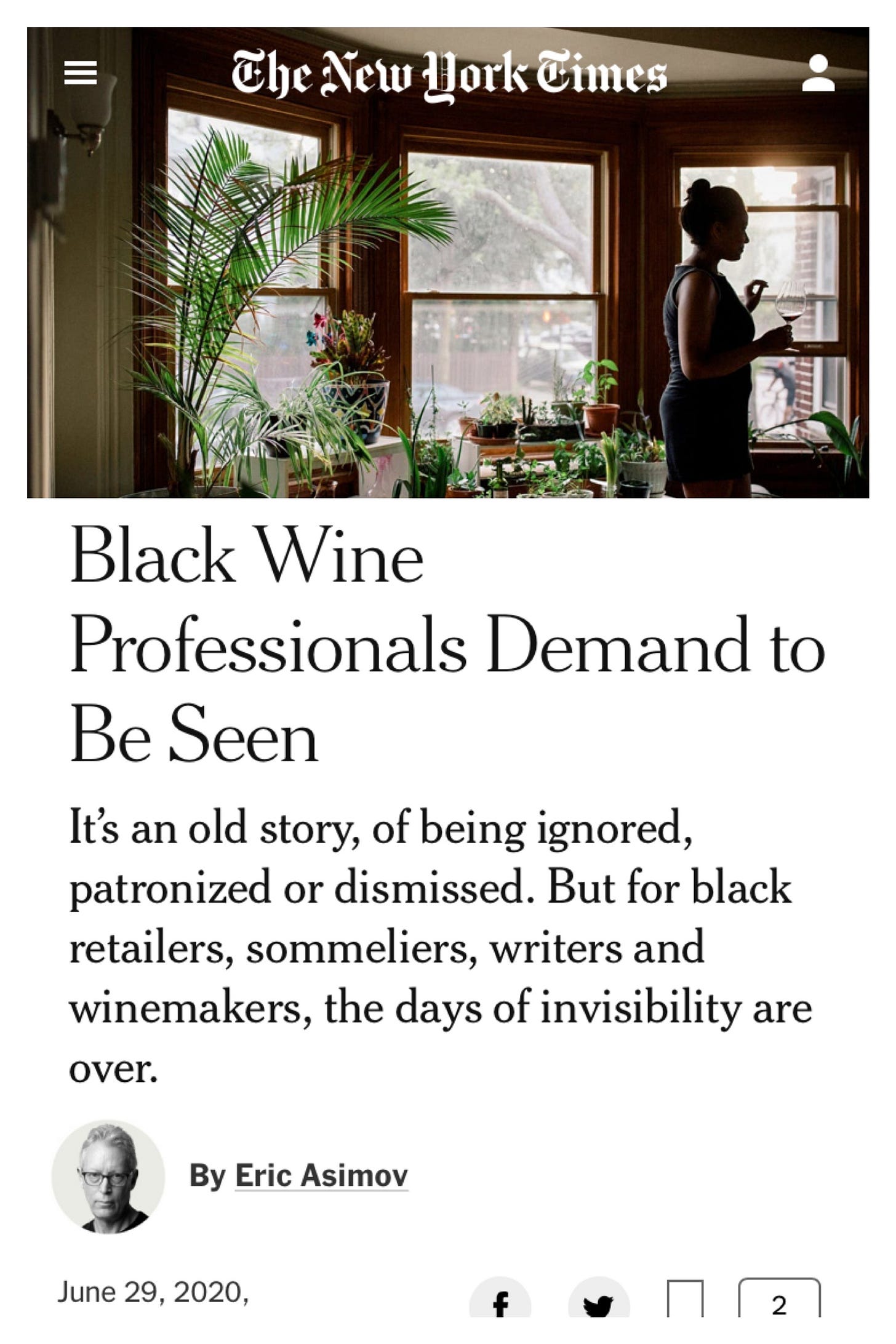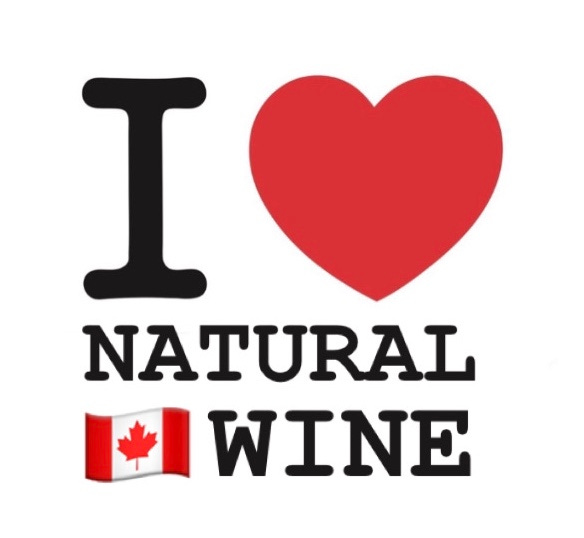Sparking Change in the Wine Industry
Changing The Wine Industry For The Better. In It’s Time to Decolonize Wine, sommelier Miguel de Leon wrote about wanting to spark change in the wine world. With journal-like entries of his own experiences, Miguel talked about the challenges of the current environment, and the connection between wine and humanity:
I got into wine because of its ability to connect people. We share bottles, we share stories, we share our vulnerability and ourselves. I connect with wine in a similar way that allyship and advocacy leads me to connect with my own and others’ humanity. Structures that aim to keep people like me away from this space don’t get the point of why wine exists.
A few weeks ago, Miguel published Actionable Items for the Wine Community, containing recommendations and actions “meant to be for everyone, as much as wine is for everyone.” And last week, Miguel published How to dismantle white supremacy in wine, a how-to guide on changing the wine industry for the better, broken down by:
Things You Can Do Today: acknowledge the problem, educate yourself, amplify the causes that help;
Things You Can Do This Week: have hard conversations, demand action, keep talking;
Things You Can Do Within A Month: engage with the community, hold people accountable; and
Things You Can Do Within A Year: decolonize wine, and rediscover joy.
There are many helpful suggestions within each section, with Miguel going back to the connection between wine and humanity in the last two actions, saying:
Wine is just as much alive out of the bottle and it’s time we talk about the human aspect of it…. Wine, at its purest, is a human celebration of a human product. It is rooted in this joy that we seek these experiences and why we are so obsessed in learning more about it. But we can re-center and re-focus our energies not just on the art of its creation but also to the best of what is required to make that art.

Winemaking Environmentalists. Napa Valley's Matthiasson Wines is a family winery run by Steve and Jill Matthiasson, “unapologetic environmentalists who seem on a mission to prove that growing grapes and making fine wine can be a positive force in the battle against climate change.” Steve was born in Canada and fell in love with farming after spending a summer at a Manitoba wheat farm. He studied agricultural development at the University of California, Davis, where he would end up meeting Jill, who studied sustainable farming (and before that she worked with agricultural ecologist Gary Paul Nabhan, a pioneer in the local food and heirloom seed-saving movement). They got married, joined the Lodi Wine Commission, co-authored the precursor to Lodi Rules, “one of the industry’s first serious sustainability farming guidelines,” and launched their winery in 2003.
Since their arrival, the Matthiassons have been at the forefront of a wave of like-minded enthusiasts who are no longer willing to toe the line of making high-alcohol wines with sweet, over-ripe flavor profiles. They also insisted on using organically sourced grapes and working with operations that put the health of the land and the well-being of their employees as prime considerations.
The NYT’s Eric Asimov called them one of the most interesting California producers, and wrote that their wines “bear an agricultural stamp, as fresh, lively and alive as the best produce from a farmers market…”

Stories About Being Dismissed In The Wine Industry. The NYT’s Eric Asimov spoke to nine black wine professionals about their experiences in the wine industry, “with the hope that their shared experiences might result in a deeper conversation and understanding among their peers in the wine world.”
Whether writers, sommeliers, retailers, farmers or winemakers, Black people in the wine world face a barrage of slights, whether small, possibly unconscious hostilities or overt racism. As a result, getting ahead requires a constant, fatiguing effort to pull against the friction of discrimination that slows what for whites would be a natural career progression.
Asimov spoke to many people including Julia Coney, who created Black Wine Professionals, a database to help lift up the multifaceted Black professionals in the world of wine. And Tammie Teclemariam, who calls herself a “wine unprofessional,” to set herself apart from what she sees as an exclusionary industry:
In order to trust a wine person, you have to respect their humanity as someone who can physically enjoy and understand an experience as well, or even in a more nuanced way, than you. That’s the whole humility of wine appreciation, and I think it’s hard for some people to relate to me equally...
Asimov also spoke to Stephen Satterfield, Madeline Maldonado, André Hueston Mack, Ntsiki Biyela, Carlton McCoy Jr.; as well as Zwann Grays, who talked about how having Black women mentors and role models (like Lee Campbell, Marquita Levy, and Beth Baye), made all the difference for her, but she still faced challenges in being seen at trade tastings.

Belated Canada Day Wines. In an excuse to use Microsoft Paint (and to celebrate Milton Glaser, who had been working on a graphical treatment of the word “Together” at the time of his death), I poured over a few TO bottle shop wine lists to discover some interesting, mostly natural Canadian wines. Like a Cabernet Franc Rosé from Meldville, a low-intervention virtual winery in the Niagara Peninsula. And a Pinot Gris from Niagara’s Big Head Wine’s RAW series, which are wild fermented, unfiltered, and employ a less is more winemaking approach. And another Pinot Gris from Keenan in British Columbia, a side project minimal intervention series of wines made by Keenan Thrussell, winemaker at Sage Hills. And there’s a Zweigelt Pet-Nat and the skin contact Tropicalia from BC’s Neon-Eon, made by Tyler Thrussel (Keenan’s brother!), using organic/biodynamic grapes with no added yeasts, sulphur, enzymes, or any other inputs. And the Globe and Mail’s Christopher Waters made the case for Canadian sparkling wines, recommending several bubbles including those by Bella Wines in British Columbia; Lightfoot & Wolfville, Benjamin Bridge, and L’Acadie Vineyards in Nova Scotia; and Hinterland in Ontario, to name a few.



